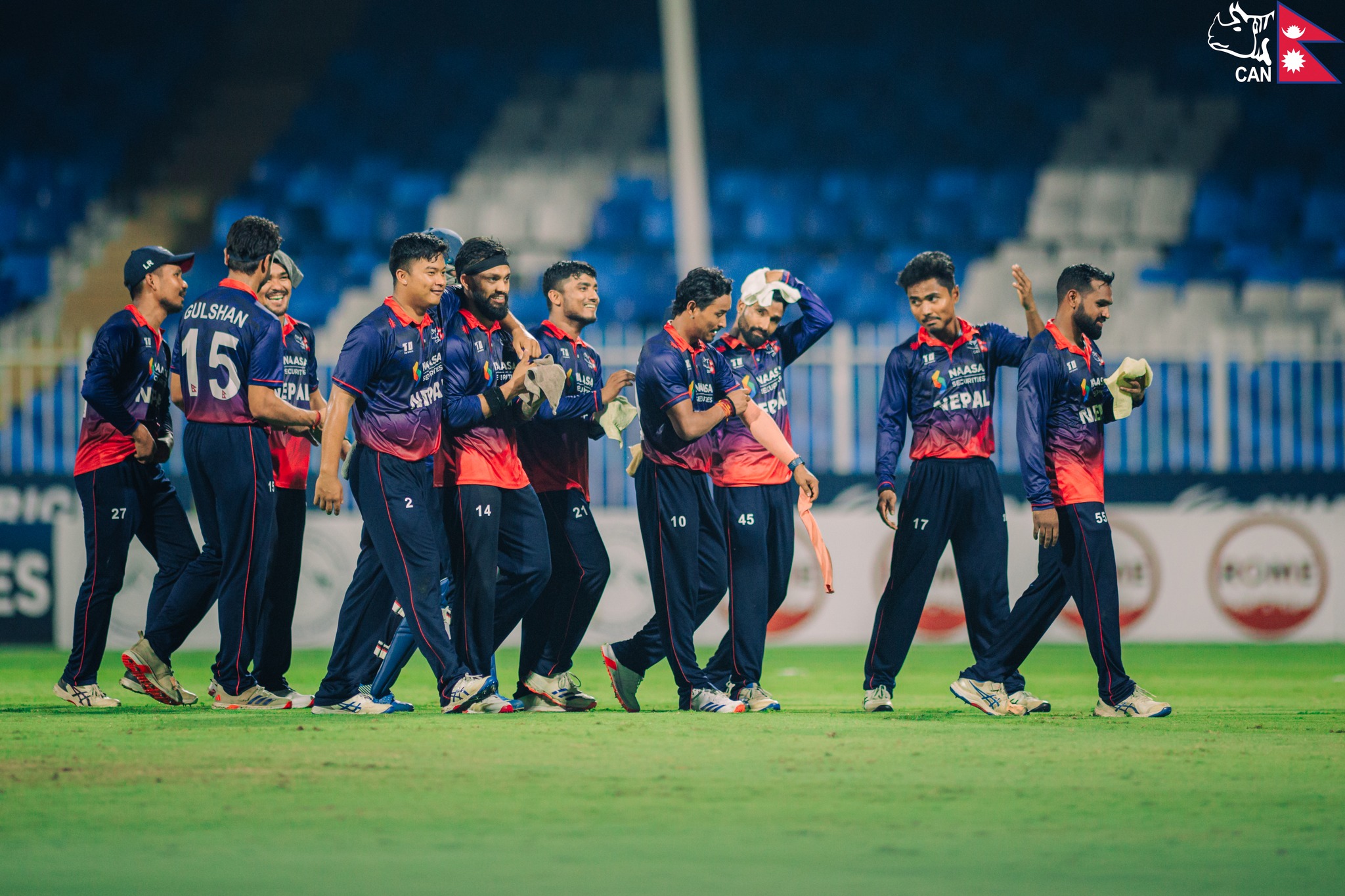During this transitional phase, they tend to perceive and interpret the world around them differently from that explained to them by their elders.[break]
“I share my relationship issues, family problems and even party with certain teachers, and they do the same. But with some teachers, there’s a feeling of mutual dislike. So we don’t have conversation besides academics and greetings,” expresses Sudil Neupane, 21, who is a fourth-year student at College of Applied Business. He adds, “I had seen my seniors even beating up teachers in my previous school.”
Nowadays, the relationship between teachers and students has evolved to be quite interactive, like that of friends whereby, on one hand, they tend to speak out on personal issues and enjoy each other’s company, and in certain cases, have strong conflicts.
Prayash Raj Koirala, 18, who has completed his A-Levels, shares, “I’m very frank with my teachers and vice versa. We even pull each others’ legs. Having such relation has made us comfortable with each other in class and we also engage in productive discussions related to society.”
Teachers share similar opinions about having flexible relationship with students. Indeed, it is necessary for both students and teachers to understand each other in order to gain maximum benefits from the knowledge teachers are capable of sharing.

“I often encourage my students to be open so that the teaching and learning process becomes easier. Our students invite us to formal events and we don’t mind being a part of their other events,” says Pinjwala Shrestha, Public Health Sociologist and Assistant Professor in Community Medicine Department at the Institute of Medicine at Maharajgunj.
Another student, Rijan Lal Mulmi, 20, opines, “If a teacher is wrong or is harsh on students without any reason, then one has to raise one’s voice, or, if necessary, take appropriate action and act against the teacher. Talking about myself, I’ve rebelled against teachers who have tried to thrash me unnecessarily. I’ve always had a fire and ice relationship with my teachers. Therefore, I respect them but I don’t wish to befriend them.”
Reports of teachers’ aggressive behavior and pupils’ extreme misconduct have been more common in recent years.
Physical chastisement results in rebellious behavior, and inside the Valley, there are many cases of student using weapons against teachers.
“Since I’ve been teaching MBBS and Public Health students, I’ve found that they are well mannered. Perhaps it’s so because they got in through tough competition, so they have seriousness regarding their career,” adds Shrestha. “I believe that the faculty of the institution as well as parents should try to understand child psychology and educate students of their rights if they want discipline.”
Associate Professor of Chemistry at Patan Multiple Campus, Nita Singh, has a different perspective about the changing relationship trends.
Earlier, students had a different kind of respect for teachers and teachers would have more focus on each student. Now the relationship is economical.
Since teachers have to take classes at various institutions and many students opt for tuitions rather than try to extract from their own teachers, there’s no space left for the bonding to happen. Attachment is rare.
“When we were students, our relationship was strictly confined to the classroom. Any serious misconduct by students resulted in getting hit by a cane by the principal in assembly, and within the classroom the teacher would hit our palms with a duster. There was nothing called counseling,” Ram B Shah says, recalling his days as a student while studying at Adarsha Vidya Mandir in 1981.
To sum up, teachers-and-students acquaintance seems to be benefiting both parties and ultimately the educational process.
Yet there has to be a fine line and a mutual understanding among both. When too much frankness occurs, conflicts also rise.
Making funny and vulgar comments about a teacher is offensive and similarly teachers smoking or getting high in front of students not acceptable since teachers are supposed to be role models to students.
Why teachers are important












